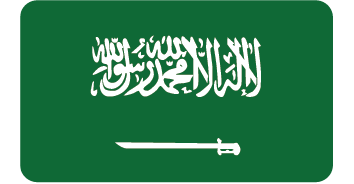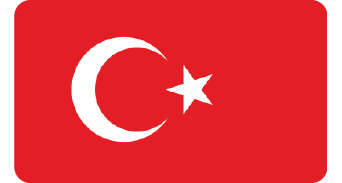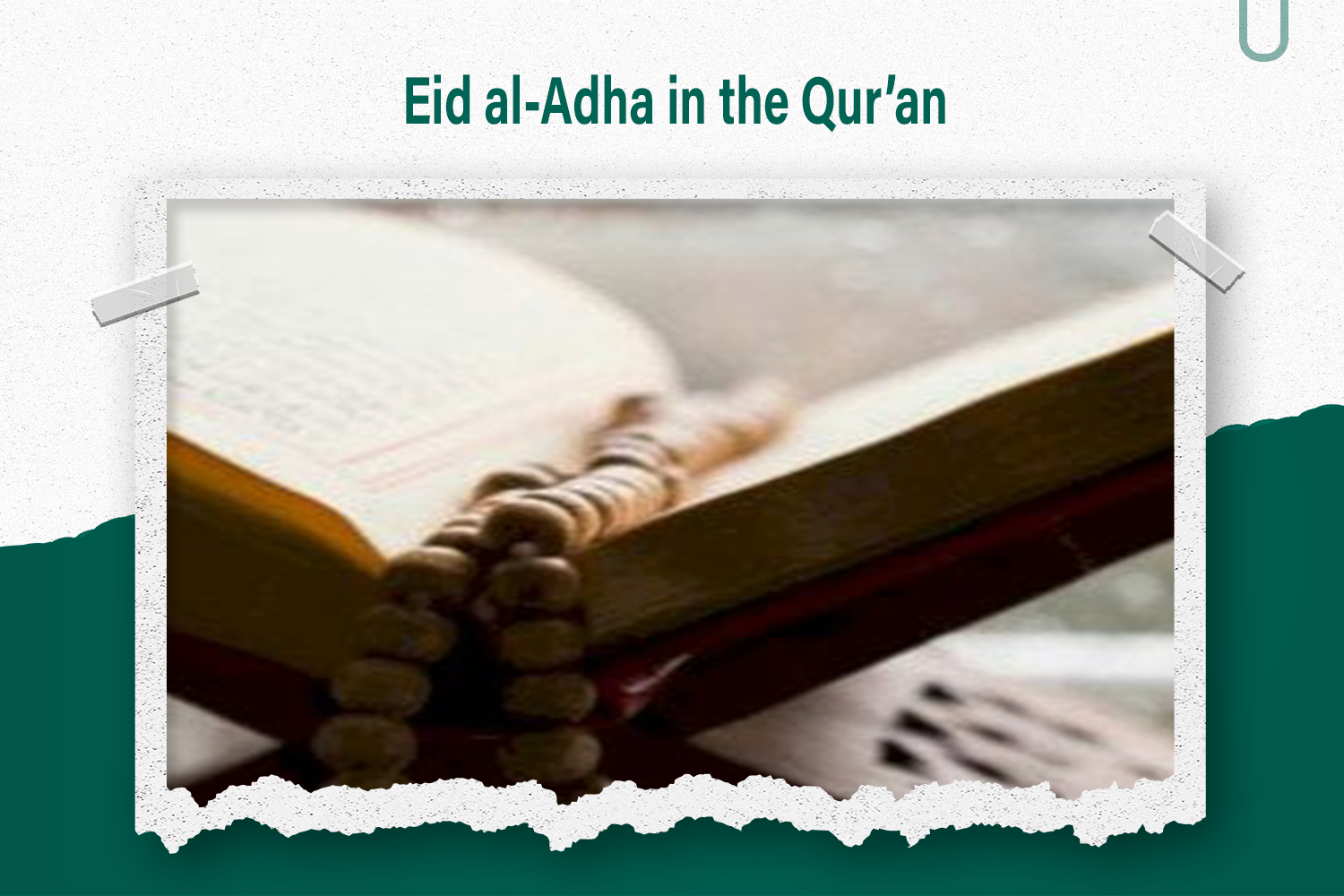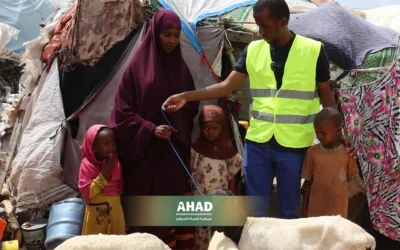Understanding the concept of Eid al-Adha through the Holy Quran
Eid al-Adha is one of the most important holidays in Islam, and it is celebrated by Muslims all over the world. But what is the concept of Eid al-Adha and what does it mean for Muslims We can understand the concept of Eid al-Adha through the Holy Quran.
The Holy Quran indicates that Eid al-Adha comes to celebrate the sacrifice of the Prophet Ibrahim (peace be upon him) and his son Ishmael (peace be upon him). In the story of the Qur’an, Abraham found himself answering a command from Allah to sacrifice his dear son. Through this story, we learned the importance of sacrifice and devotion in worship.
We also learned through the Holy Quran that Eid al-Adha promotes the values of sacrifice and faith in the Muslim community. The sacrificial offering is one of the most important religious rituals of this holiday, during which Muslims sacrifice a sacrifice and present it as a donation to the poor and needy. This concept promotes giving and sacrifice among individuals and promotes sociability in society.
By understanding the concept of Eid al-Adha through the Holy Quran, we can learn important values such as sincerity, sacrifice and giving. These values strengthen spirituality and strengthen social relations in the Muslim community, make Eid al-Adha an opportunity to draw closer to Allah and strengthen brotherhood and love.
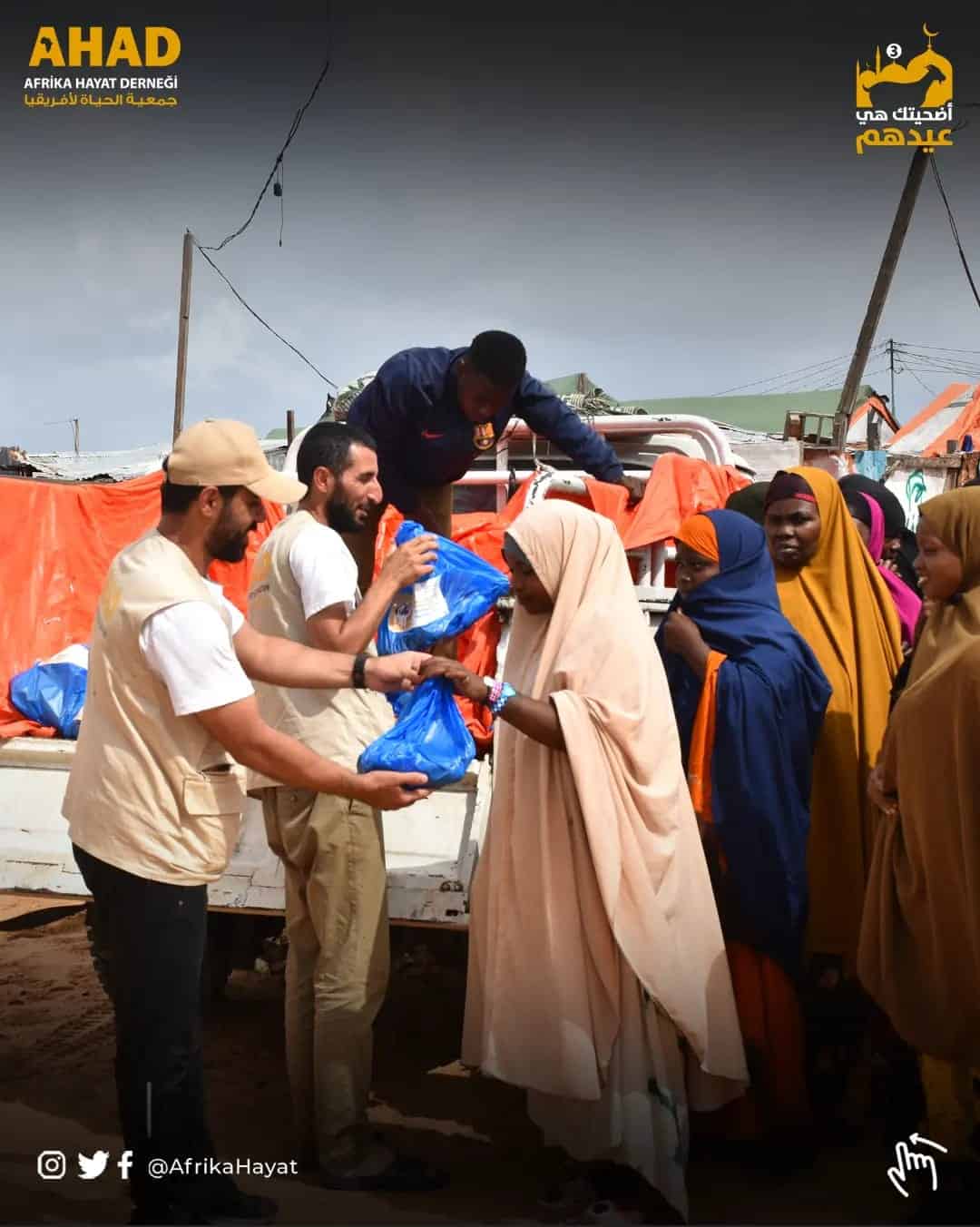
The importance of Eid al-Adha and its rooting in the Holy Quran
Eid al-Adha is one of the important holidays in Islam and has great importance in the life of Muslims. The concept of Eid al-Adha relates to the story of the Prophet Ibrahim and his son Ishmael in the Holy Quran. This story shows the power of faith and sacrifice embodied in the works of the Prophet Ibrahim (peace be upon him).
In the story of the Qur’an, a command came from Allah to Abraham to sacrifice his dear son. And although there was no clear knowledge of the purpose of this order, the Prophet Abraham obeyed God’s command with all sincerity and sacrifice. At the crucial moment, God granted Abraham the salvation of his son and replaced him with a sheep.
Muslims learn from the story of Abraham and Ishmael about the importance of sacrifice and practical faith. Abraham offered his sacrifice to God with all sincerity and compliance, and this teaches us that when the need arises, we must be ready to sacrifice what is dear to us in order to fulfill God’s command. Muslims are encouraged to take this concept into their daily lives and follow the example of the Prophet Ibrahim in obeying Allah and sacrificing for his sake.
Lessons and lessons learned from the story of Ibrahim (peace be upon him) and Ishmael (peace be upon him
The story of Ibrahim (peace be upon him) and Ishmael (peace be upon him) offers great lessons for Muslims. The story teaches us the importance of sacrifice and practical faith. In the story, Abraham wholeheartedly and selflessly obeyed God’s command to sacrifice his dear son. And at the crucial moment, God replaced his son with a sheep.

From this story, we learn that sacrifice and practical faith are two important qualities in Islam. Abraham teaches us that when it requires us to sacrifice something valuable that we have for the sake of God, we must be ready for it. Islam encourages us to follow this example and learn from Abraham to make a real sacrifice for God in our daily life.
The story also reinforces the importance of fidelity and obedience. Abraham showed the strength of his faith by his willingness to carry out God’s command without hesitation or hesitation. This teaches us that sincerity is the essence of worship and that absolute obedience to God is the way to achieve his satisfaction.
In short, the story of Abraham and Ishmael carries a great message for Muslims related to sacrifice, practical faith and devotion in worship. It is a story that reminds us of the need to offer total sacrifice and absolute obedience to God in our lives.
The value of sacrifice and faith and their role in Eid al-Adha
The value of Eid al-Adha is manifested in sacrifice and faith, as this holiday is considered one of the most important Muslim holidays. Eid al-Adha symbolizes the sacrifice of the Prophet Ibrahim (peace be upon him) to his son Ishmael (peace be upon him) in obedience to Allah. This holiday reminds us of sacrifice, surrender to the will of God, our strong faith in God and confidence that he will provide us with everything we need.
The process of slaughtering on Eid al-Adha expresses sacrifice and willingness to give what is most precious for the sake of Allah. Muslims feel comfort and inner peace when they cooperate with each other to distribute sacrificial meat to the poor and needy, which promotes spirituality and sociability in society.
Eid al-Adha reminds us of the importance of sacrifice and practical faith in our lives. He urges us to be ready to make personal and material sacrifices for the sake of God and the construction of society. He teaches us that sacrifice is not just a single act, but an opportunity to strengthen bonds and unite hearts.
The role of the Holy Quran in promoting the concept of giving and sacrifice on Eid al-Adha
The Holy Quran plays an important role in promoting the concept of giving and sacrifice on Eid al-Adha. The Holy Quran contains several verses that remind us of the importance of giving and sacrificing for the sake of Allah.
Among these verses, we find in Surat Al-Hajj a verse encouraging believers to do good and make sacrifices. The verse says, ” God will not receive her flesh nor her blood, but he will receive piety from you” (Hajj: 37). This verse indicates that the meat of animals slaughtered in sacrifice does not reach God, but piety and closeness to him reach him.
The Holy Qur’an also reminds us of the story of Abraham (peace be upon him) and Ishmael (peace be upon him) and their sacrifice for the sake of Allah. In Surah Al-Safat, the Qur’an talks about how Ibrahim was ready to sacrifice his dear son. When Abraham was about to slaughter his son, God offered an alternative sacrifice and redeemed Ishmael, which was a test of Abraham’s faith and obedience to God.
This story is considered an example of sacrifice and practical faith on Eid al-Adha. The Holy Quran urges us to learn from this story and be ready to make personal and material sacrifices for the sake of Allah and for the benefit of others. She reminds us of the need to be ready to sacrifice our dearest possessions and direct them to those in greatest need.
In short, the Holy Quran plays a crucial role in promoting the concept of giving and sacrifice on Eid al-Adha through its verses that urge to do good and make sacrifices for the sake of Allah. It reminds us of the story of Ibrahim (peace be upon him) and Ishmael (peace be upon him) as an example of giving and true sacrifice for the sake of Allah and building society.
Celebrating Eid al-Adha: promoting spirituality and social communication
Eid al-Adha is an important religious occasion in Islam, as Muslims around the world celebrate the sacrifice of the Prophet Ibrahim (peace be upon him) and his son Ishmael (peace be upon him). This holiday is characterized by the strengthening of spirituality and communication of Muslims with God and each other.
On this holiday, Muslims perform Eid prayers and make a sacrificial offering, part of which is distributed to the poor and needy. Such actions strengthen spirituality, express compassion and empathy for others.
In addition to strengthening spirituality, Eid al-Adha contributes to strengthening social ties between Muslims. On this holiday, people visit relatives and friends, exchange congratulations and gifts. Such visits are considered an opportunity to strengthen communication and consolidate social relations.
In these ways, Eid al-Adha contributes to strengthening spirituality and raising spiritual determination among Muslims, as well as enhancing social communication and solidarity among members of society. It is a special occasion that teaches Muslims to give and sacrifice and gives them the opportunity to communicate and collaborate.
You can visit the ahad Association website to find out more about the projects it offers
Related articles:
The importance and bounty of the month of Ramadan
Join us in our message by donating


